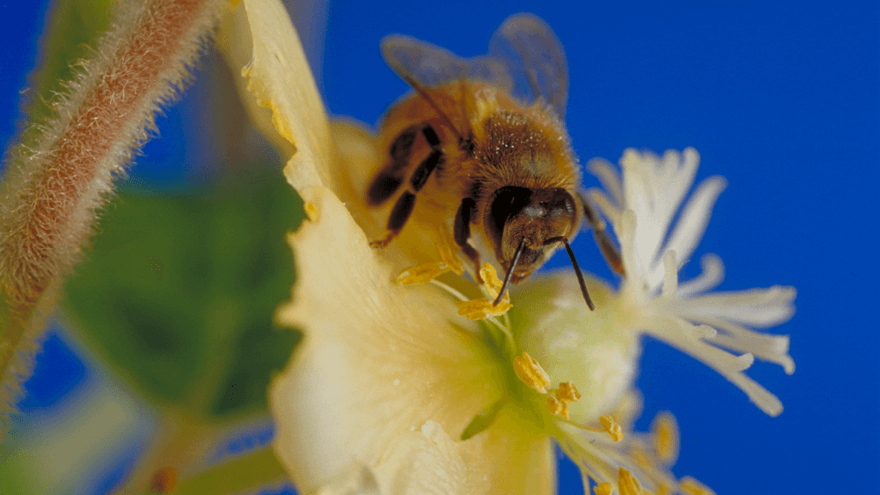
Operation Pollinator and enhancing plant diversity
Many commercial growers rely on honey bees for pollination. However, research has demonstrated that native habitats can support a range of insect species, including native bees, beetles, hoverflies, moths, and butterflies, which also contribute to pollination.
Pollinating insects are crucial to produce many food crops including fruit and vegetables. Native habitats provide nectar and floral resources to support many insects and provide nesting sites for bees.
Operation Pollinator is a biodiversity programme developed by Syngenta which is active in over 16 countries and focused on developing research-based partnerships to promote the health and wellbeing of bees and other pollinators.
By creating specific habitats tailored to local conditions, insect populations and crops, Operation Pollinator aims to enhance biodiversity, increasing the number of beneficial insects and improving crop yield and quality.
In New Zealand, Syngenta has partnered with Plant & Food Research to expand Operation Pollinator to the horticultural industry and gain greater understanding of which New Zealand native plants support crop pollinating species. Plant & Food Research has developed substantial knowledge of the efficiency of a range of bee and non-bee insect species as pollinators across a wide range of crops such as kiwifruit, avocado, apple, arable and vegetable seed crops.
Syngenta Technical Manager, Jason Trethewey, says: “Operation Pollinator will initially evaluate specific insect-plant associations in kiwifruit, then trial combinations of perennial plant species most likely to increase pollination diversity and abundance in kiwifruit orchards. The effectiveness of the designed plantings will be assessed by networking pollinating species with the crop and native plant species, while measuring crop yield and quality.
"This knowledge provides the unique opportunity for growers to design semi-natural habitats that specifically target these pollinating species with native plantings focussed on optimising pollinator diversity. The project also aims to promote beneficial insects which help keep pest species under control.
“Incorporating the right plants into a commercial orchard environment can support a wide diversity of crop pollinators to create more resilient pollination systems to improve pollination and therefore productivity."
More information about Operation Pollinator will be available from your Fruitfed Supplies Technical Horticultural Representative following this season’s trial results.



